Oceans
-
 Physics
PhysicsA metallic odyssey, what’s causing sunspots and more reader feedback
Metallic hydrogen, sunspot formation, salty desalination leftovers and more in reader feedback.
-
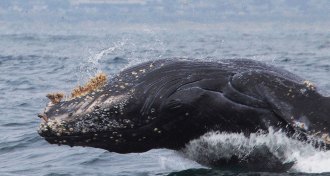 Animals
AnimalsBarnacles track whale migration
The mix of oxygen isotopes in the shells of barnacles that latch on to baleen whales may divulge how whale migration routes have changed over millions of years.
-
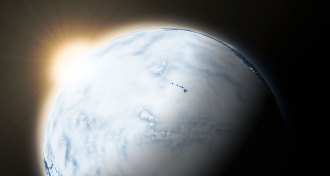 Climate
ClimateMethane didn’t warm ancient Earth, new simulations suggest
Scarce oxygen and abundant sulfate prevented methane from accumulating enough to keep Earth warm hundreds of millions of years ago, reviving the faint young sun paradox.
-
 Oceans
OceansMelissa Omand’s clever tech follows the fate of ocean carbon
Drawn to the water early, oceanographer Melissa Omand now leads research cruises studying how carbon and nutrients move through the seas.
-
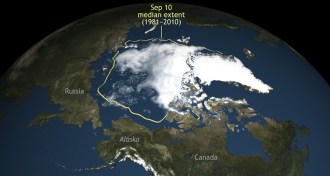 Climate
ClimateArctic sea ice shrinks to second-lowest low on record
A warm summer helped shrink sea ice in the Arctic Ocean to a statistical tie with 2007 for the second smallest sea ice minimum on record.
-
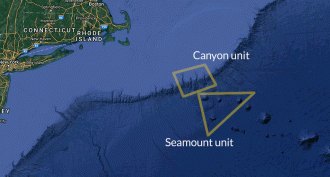 Oceans
OceansFirst U.S. ocean monument named in the Atlantic
A region of ocean off the coast of Cape Cod has become the first U.S. marine national monument in the Atlantic Ocean, President Barack Obama announced.
-
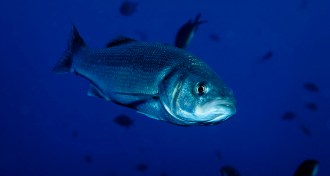 Oceans
OceansFish escapes from marine farms raise concerns about wildlife
Farmed salmon, sea bass and other fish frequently escape from sea cages into the ocean. Will these runaways harm native wildlife?
By Roberta Kwok -
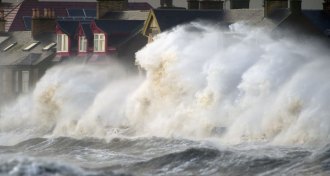 Earth
EarthWave-thumping ‘weather bomb’ storms send elusive S waves through Earth
A rare type of deep-Earth tremor called an S wave generated by a rapidly strengthening storm could help scientists map the planet’s mantle and core.
-
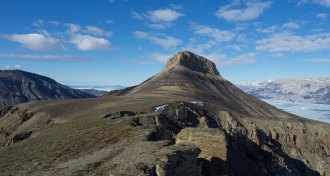 Oceans
OceansLack of nutrients stalled rebound of marine life post-Permian extinction
Warm sea surface temperatures slowed the nitrogen cycle in Earth’s oceans and delayed the recovery of life following the Permian extinction, researchers propose.
-
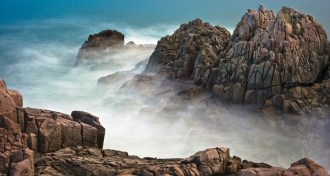 Earth
EarthAmericas’ hookup not so ancient after all
Debate lingers over when the Isthmus of Panama formed and closed the seaway that separated North and South America millions of years ago.
-
 Climate
ClimateIndia’s monsoon winds trace back nearly 13 million years
The intense monsoon winds that carry torrential rain to India each year first started blowing around 12.9 million years ago, new research suggests.
-
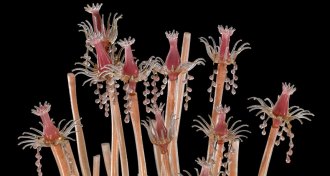 Science & Society
Science & SocietySea life stars in museum’s glass menagerie
See Leopold and Rudolf Blaschkas’ delicate glass jellyfish, anemones, sea worms and other marine invertebrates at the Corning Museum of Glass.